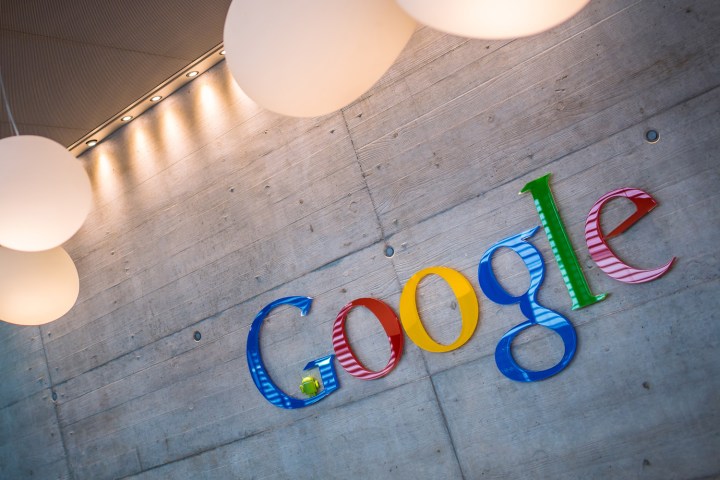
In March 2016, Google announced that it would be working to set up improved Wi-Fi and broadband internet access in Cuba. Today, Google’s parent company Alphabet announced that it’s doing just that, by entering into an agreement with Cuba’s state telecommunications monopoly, ETECSA, that will make it easier for Cuban citizens to access Google properties, as Fortune reports.
Basically, Google is improving access to services like Gmail and YouTube by providing access to Google’s Global Cache network, which stores content on servers that are closer to those who need access. In a statement, Google said, “This deal allows ETECSA to use our technology to reduce latency by caching some of our most popular high-bandwidth content like YouTube videos at a local level.”
This should theoretically reduce reliance on local internet access, which remains poor. This in itself might not be a panacea, though. As one anonymous technician said, “This may improve reception of cached materials, but not for example email which depends on local bandwidth.” In other words, Cuba’s poor-performing networks won’t benefit much from caching for dynamic content.
Ultimately, Cuban citizens will benefit most from more basic improvements in network infrastructure and more robust and affordable Wi-Fi hot spots. In the meantime, however, Google’s efforts should at least help Cuban citizens access YouTube cat videos with slightly better performance.
Editors' Recommendations
- How to save your data from Google’s purge of inactive accounts
- Google and Roku strike a deal to keep YouTube and YouTube TV on the platform
- Google brings back humans to take over moderating YouTube content from A.I.
- Google and YouTube team to help protect people’s privacy during 2020 census


